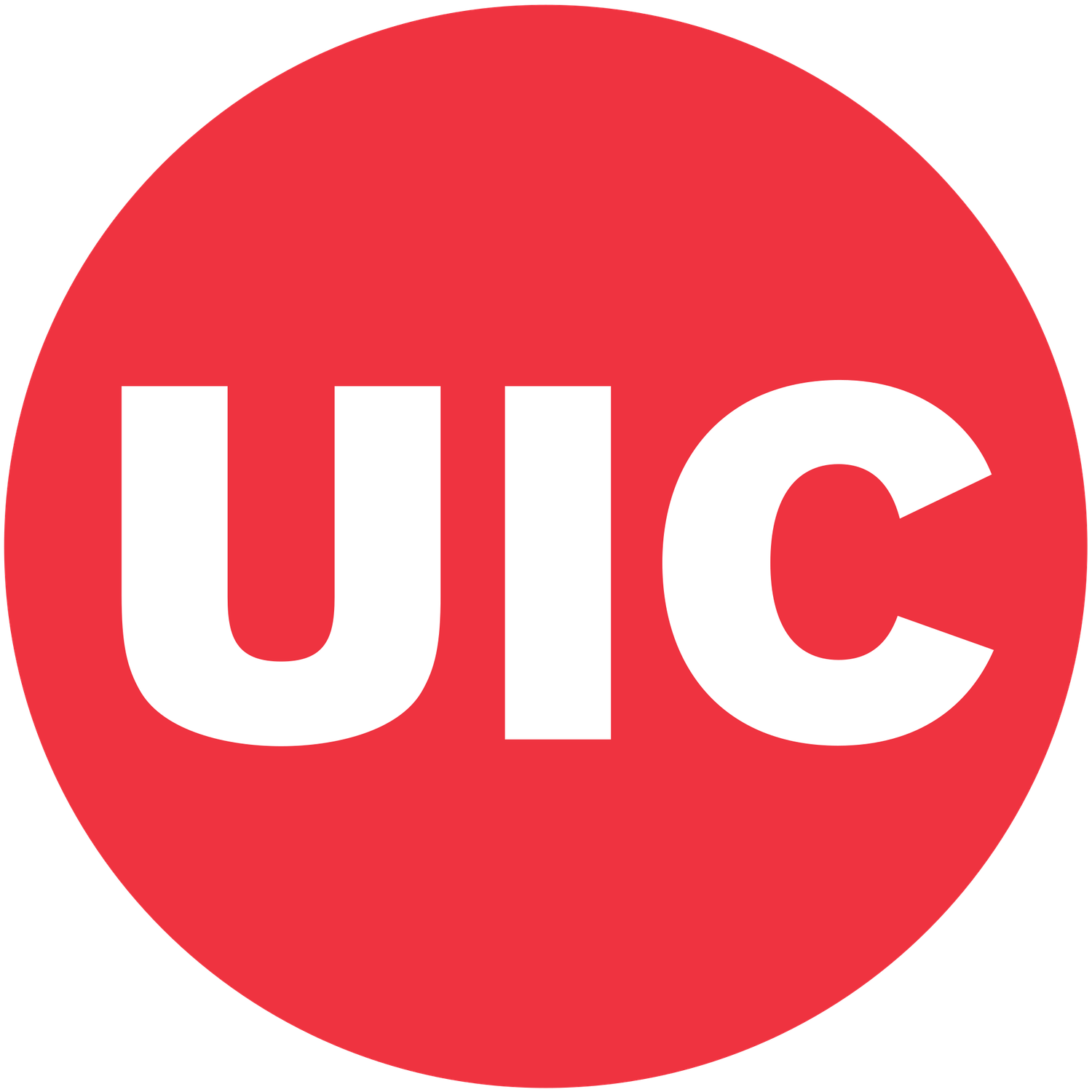Request Demo
Last update 21 Jun 2025
GRL-0617
Last update 21 Jun 2025
Overview
Basic Info
Drug Type Small molecule drug |
Synonyms GRL 0617, GRL0617 |
Target |
Action inhibitors |
Mechanism SARS-CoV-2 PLpro inhibitors(SARS-CoV-2 PLpro inhibitors) |
Therapeutic Areas |
Active Indication |
Inactive Indication- |
Inactive Organization- |
License Organization- |
Drug Highest PhasePreclinical |
First Approval Date- |
Regulation- |
Structure/Sequence
Molecular FormulaC20H20N2O |
InChIKeyUVERBUNNCOKGNZ-CQSZACIVSA-N |
CAS Registry1093070-16-6 |
R&D Status
10 top R&D records. to view more data
Login
| Indication | Highest Phase | Country/Location | Organization | Date |
|---|---|---|---|---|
| COVID-19 | Preclinical | Germany | 29 Jul 2020 | |
| COVID-19 | Preclinical | - | 29 Jul 2020 | |
| Severe Acute Respiratory Syndrome | Preclinical | United States | 21 Oct 2008 |
Login to view more data
Clinical Result
Clinical Result
Indication
Phase
Evaluation
View All Results
Login to view more data
Translational Medicine
Boost your research with our translational medicine data.
login
or

Deal
Boost your decision using our deal data.
login
or

Core Patent
Boost your research with our Core Patent data.
login
or

Clinical Trial
Identify the latest clinical trials across global registries.
login
or

Approval
Accelerate your research with the latest regulatory approval information.
login
or

Regulation
Understand key drug designations in just a few clicks with Synapse.
login
or

AI Agents Built for Biopharma Breakthroughs
Accelerate discovery. Empower decisions. Transform outcomes.
Get started for free today!
Accelerate Strategic R&D decision making with Synapse, PatSnap’s AI-powered Connected Innovation Intelligence Platform Built for Life Sciences Professionals.
Start your data trial now!
Synapse data is also accessible to external entities via APIs or data packages. Empower better decisions with the latest in pharmaceutical intelligence.
Bio
Bio Sequences Search & Analysis
Sign up for free
Chemical
Chemical Structures Search & Analysis
Sign up for free

